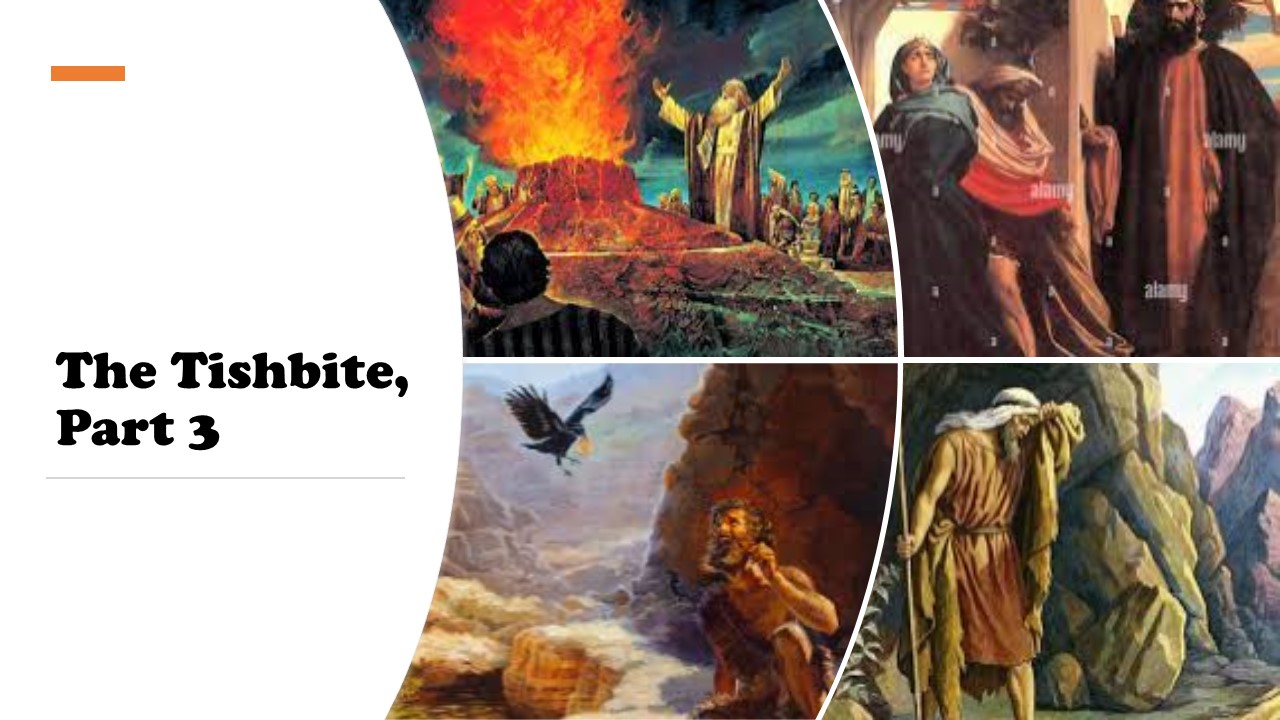The Book of Philippians, though short, contains a wealth of lesser-known stories and mentions that shed light on the early Christian community and Paul's relationship with the Philippian church. Through characters like Epaphroditus, who risked his life to serve Paul, and the diligent women Euodia and Syntyche, who were urged to resolve their disagreements for the sake of unity, we see examples of dedication, selflessness, and the importance of reconciliation. Paul’s gratitude towards the Philippians for their unwavering support underscores the essential role of community and partnership in spreading the Gospel.
Epaphroditus stands out as a figure of courage and commitment, demonstrating the power of sacrificial service and the interconnectedness within the body of Christ. Similarly, Euodia and Syntyche's story highlights the reality of conflicts even within a faithful community, while Paul's appeal for their unity serves as a timeless reminder of the need for reconciliation and harmony. The Philippian church’s generous support for Paul, even amid challenges, illustrates the significant impact of collective faithfulness and how it advances the mission of the Gospel.
In Philippians, Paul also emphasizes the importance of perspective, demonstrating through his own imprisonment how adversity can become a platform for God’s purposes. His chains inspired others to speak the Word of God courageously, turning obstacles into opportunities for witness. These stories, interwoven with Paul's teachings on joy, humility, and unity, provide contemporary believers with practical insights into living a life that honors God and advances His kingdom, even amid trials and uncertainties.

The apostles of Jesus are standing trial before the high court of the Sanhedrin. The high priest sternly addresses them: “We positively ordered you...

In 1 Kings 18, Elijah challenges the prophets of Baal to a showdown on Mount Carmel. He gathers the people of Israel and confronts...

Did Jesus doubt? What can we learn from his struggles in the Garden of Gethsemane and His crying out on the cross? We examine...